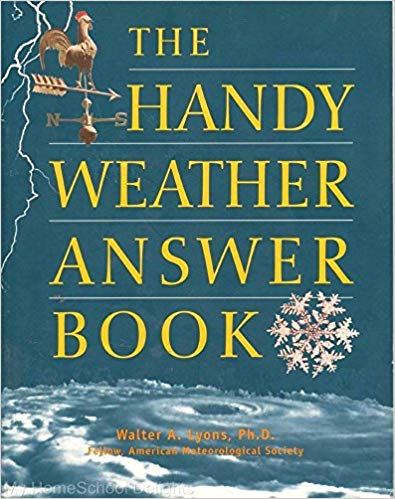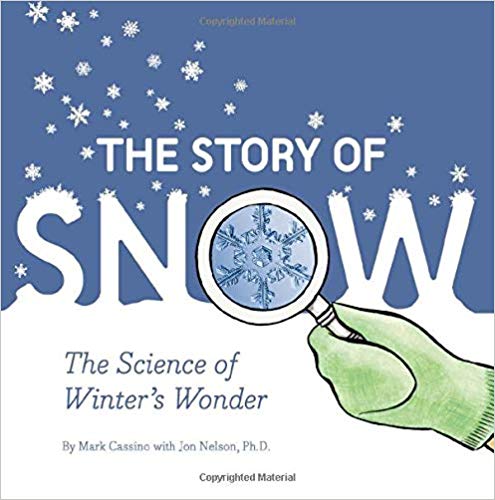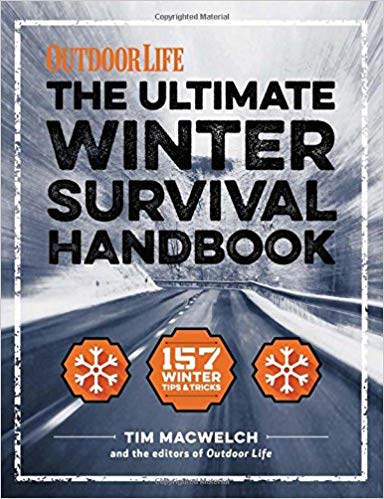There is a winter storm warning but the weather forecasters can’t seem to decide if it will snow, sleet or rain. It’s cold and there is moisture in the air so snow must be likely, right? Maybe not. Why does it snow? What is the difference between sleet and freezing rain? Let’s find out!
This post contains affiliate links. As an Amazon Associate, I earn fees on qualifying purchases.
Having grown up where winter lasted longer than summer and snowstorms were more common than tornadoes, seeing how Arkansans react to a few flurries is almost laughable. But the fact is, winter weather rarely occurs here so the novelty of it never wears off. Growing up, winter weather just happened and I never really questioned it but a lot of people are confused about the different types of winter precipitation so let’s investigate it a little closer.
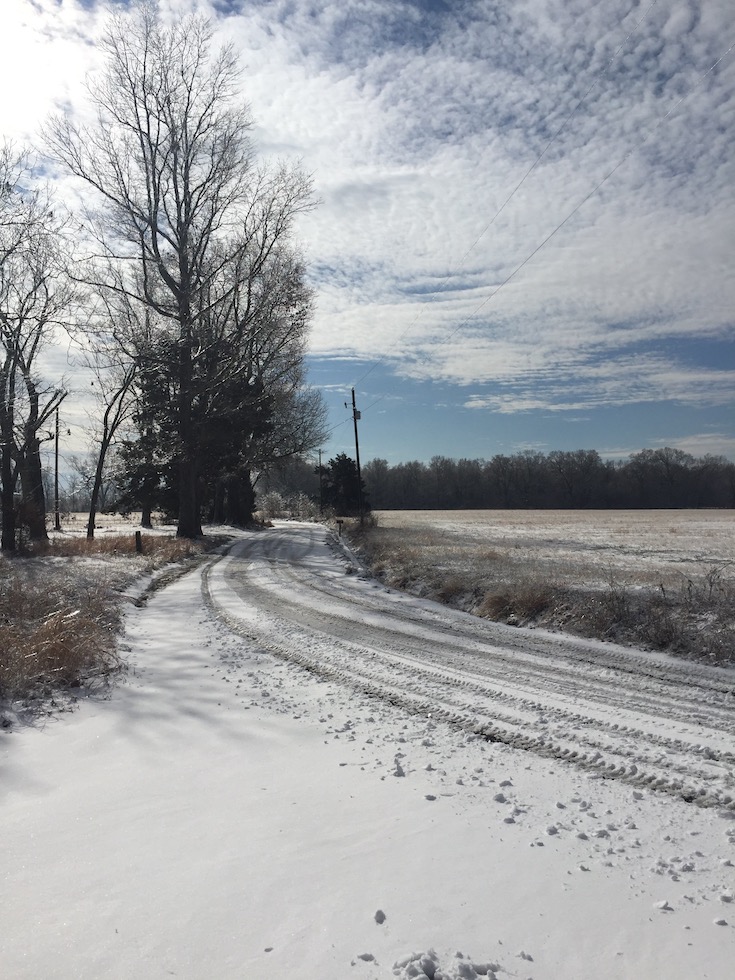
Why Does It Snow?
How many times have you watched a weather forecast and seen the forecaster waffle between rain and snow and never really commit to either one? It happens all the time here. And, the number of times my weather app has told me it was snowing but there is literally NOTHING outside? It’s confusing and it comes down to the fact that several conditions have to be just right for snow to occur.
Temperature and Snow
Temperature is the most important factor in the formation of snow crystals but what’s more important is the atmospheric temperature. If the temperature is at or below 32° Fahrenheit way up in the atmosphere at cloud level, snow can form. The ground temperature will have more of an impact on whether or not that snow will reach the ground. If the air temperature between the clouds and the ground is at or below freezing the snow will fall all the way to the ground. It the temperature warms up somewhere in between, the snow will turn to rain before reaching the ground. This is often what leads to some discrepancy between meteorologists because even when they know the cloud-level conditions are favorable for snow changes in ground temperatures could mean your neighborhood is seeing different conditions than one a mile or two away.
So to sum up, it can be too warm for snow to reach the ground even if snow is forming at cloud level.
What Exactly is Snow?
Snow forms when water vapor in the atmosphere (cloud level) condenses into ice crystals without going through the liquid stage. The cloud-level temperature must be at or below 32°.
Why Doesn’t Some Snow Stay on the Ground?
Again it comes down to temperature. In order for snow to stay snow when it hits the ground, the surface temperature must be at or below freezing. Hard packed ground and bridges will usually see surface coverage before roads and this is all due to temperature.
Other Types of Winter Precipitation
Snow can be a lot of fun but no one looks forward to sleet or freezing rain. Sleet and freezing rain have the potential to cause a lot of trouble and can be very damaging. So are sleet and freezing rain the same thing and how are they different from snow?
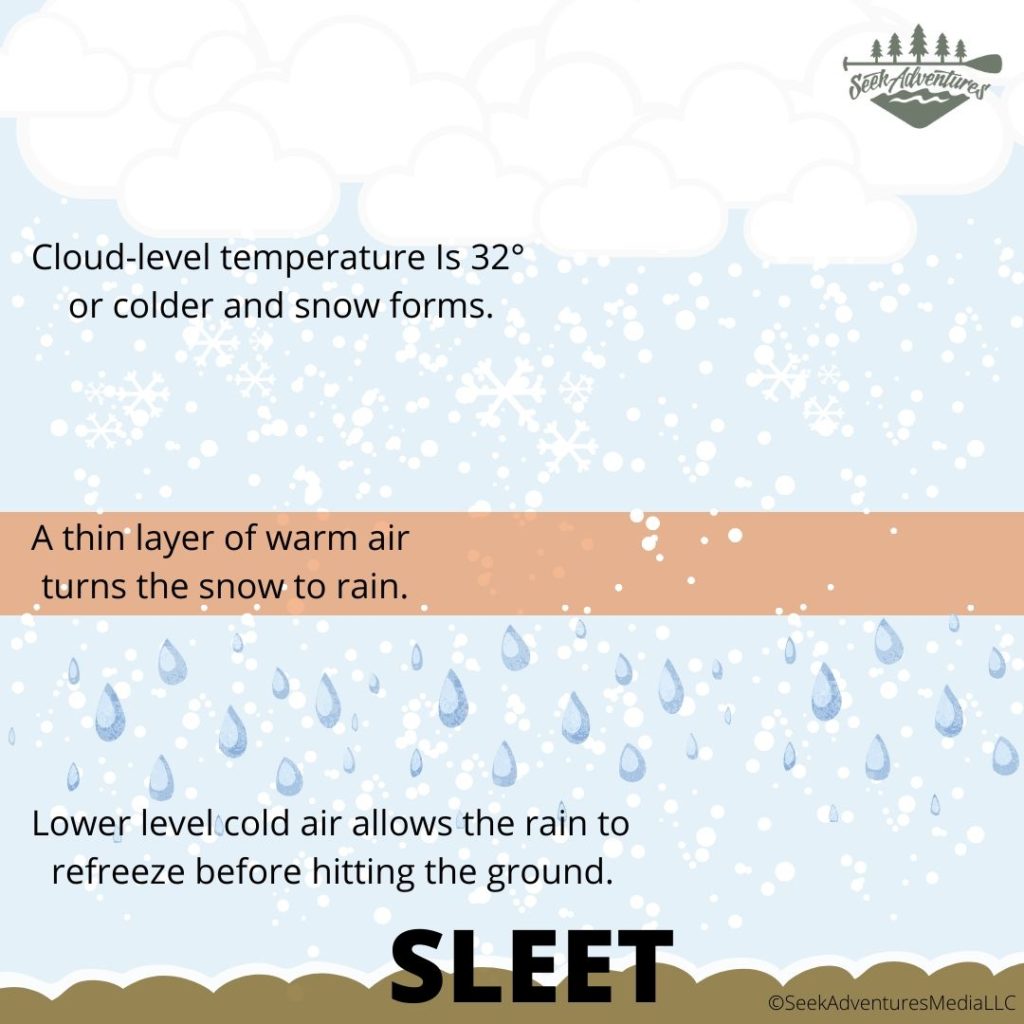
Sleet
Sleet occurs when falling snow passes through a thin band of warm air somewhere between cloud-level and the ground and turns to rain. As the rain continues to fall it has enough time to freeze again which results in the phenomenon known as sleet.
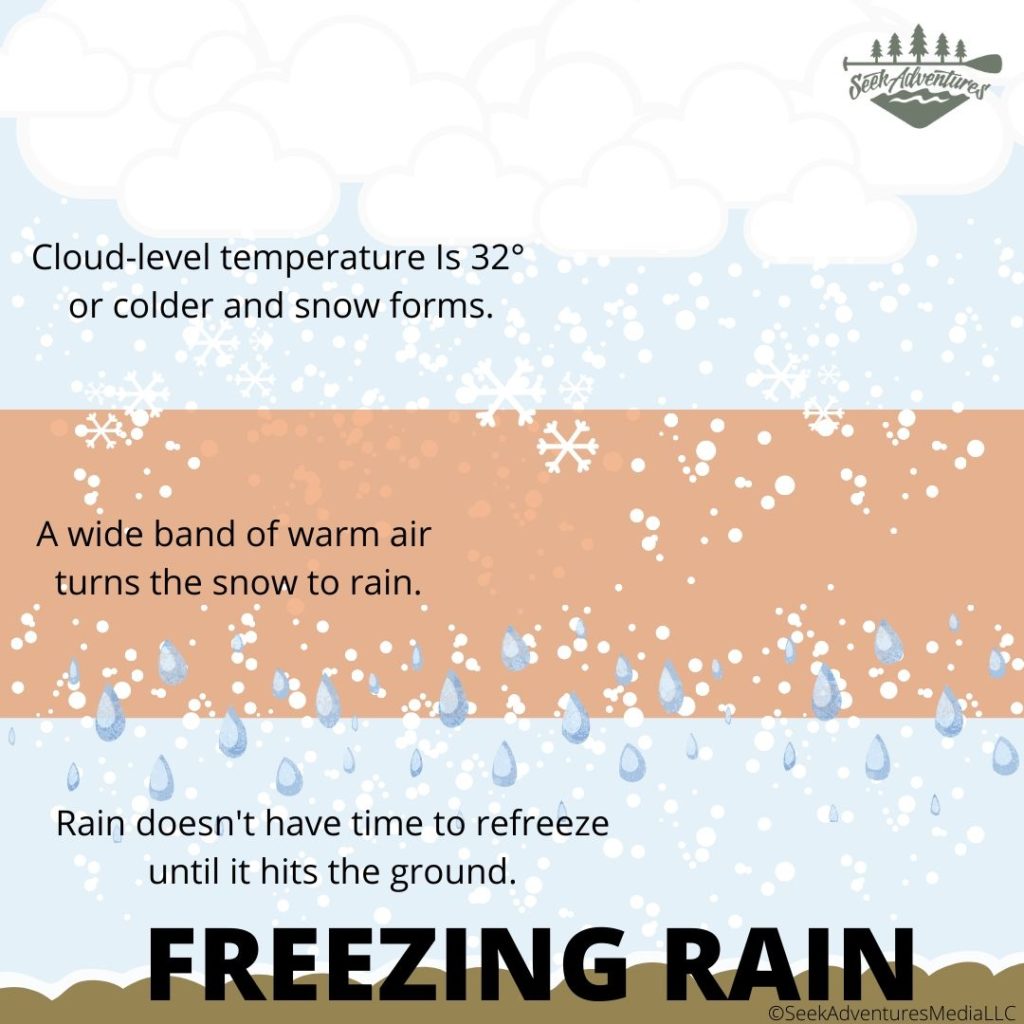
Freezing Rain
Freezing rain occurs when falling snow passes through a wide band of warm air somewhere between cloud-level and the ground and turns to rain. As the rain continues to fall it does not have enough time to freeze again until it hits the very cold ground. Ice can accumulate on any surface and has the potential to be very dangerous and damaging. This is known as freezing rain.
Winter Weather Fun Facts
- A lot of rain(but not all) actually begins as snow, even in the summer! The tops of thunderclouds can get as cold as -50°F.
- When you “see your breath” you are seeing condensates water vapor. When your warm breath mixes with the cold air it will form a cloud of the temperature is below the dew point.
- There are lots of fancy weather instruments out there but snowfall is measured with a good ol’ ruler! Usually, several measurements are taken and the average is used.
More Weather Questions?
What other weather-related questions do you have? Leave us a comment and we will try to answer your questions in a future post.
Read Next
- Nature and Winter | How Plants and Trees Survive in Winter
- Nature and Winter | How Animals Survive Winter
- 10 Great Adventure Books To Read With Your Kids This Winter
- Preventing Winter Boredom – 10 Fun Things To Do With Kids In The Winter
- Take Your Kids For a Winter Walk
Pin this post to Pinterest to save it for later.
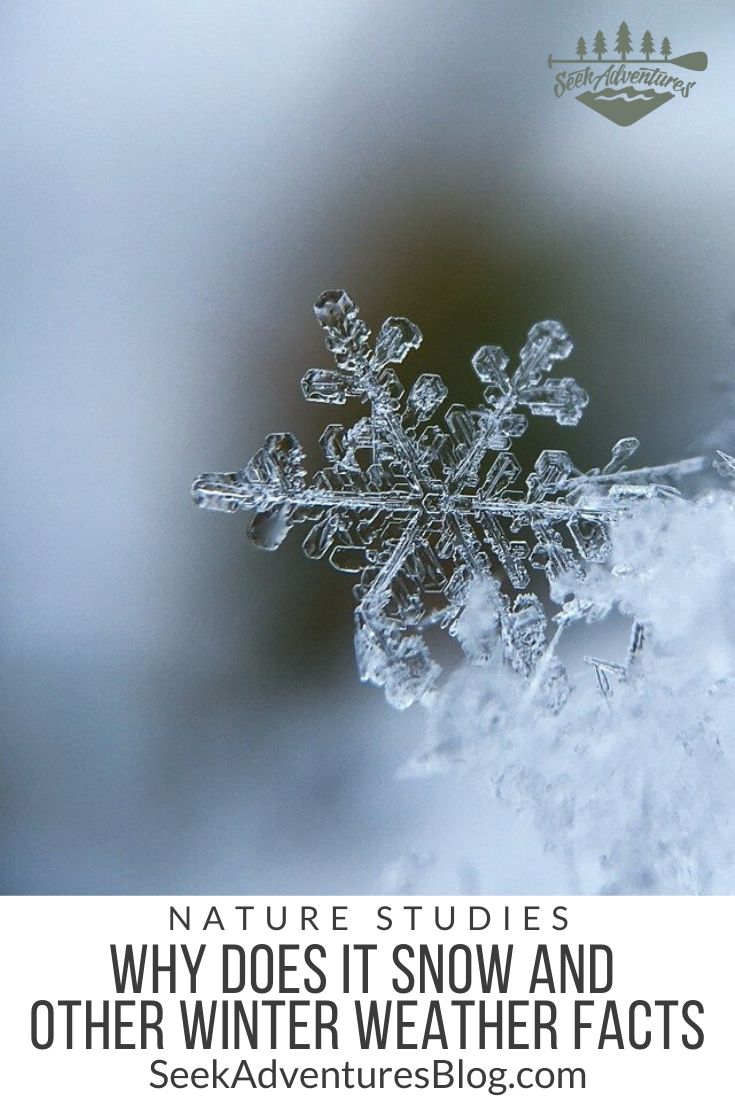
Additional Resources
Check out these additional resources to learn more about winter weather.

